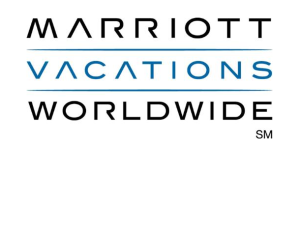Timeshare Sales and Developer Strategic Responses – Part II
Friday, February 27, 2009
This is the second in a three-part The Timeshare Authority blog. (Read Timeshare Sales and Developer Strategic Responses – Part I) Part II looks at how different timeshare developers and timeshare sales companies are adapting to meet the challenges of difficult economic times.
Marriott Timeshare, Starwood, Wyndham Vacation Ownership And Others
While not every timeshare company enjoys the depth of the Disney corporation with its worldwide network of theme parks, entertainment, and retail merchandise, many of the big dogs in the timeshare industry do have other revenue streams in addition to booking hotel room nights and selling timeshare.
According to the Orlando Sentinel, companies including Marriott Vacation Club International and Starwood Vacation Ownership are adapting to the credit crunch by reducing or eliminating certain incentives for timeshare buyers to finance timeshare through them. At the same time they are making it less inviting to use the timeshare developer as a financing source, they certainly haven’t stopped financing timeshare sales altogether.
Wyndham Vacation Ownership along with Westgate Resorts have had to dig deeper to compensate for the fact that many prospective timeshare buyers are unable to obtain financing. Both Wyndham timeshare and Westgate timeshare have laid-off thousands of employees and in some situations, closed timeshare sales offices.
Orlando timeshare company Sol Meliá, with timeshare resorts in the Europe, Mexico, and other top destinations worldwide, is responding to the credit crunch by restructuring interest rates. Sol Meliá is now typically requiring larger down payments from timeshare buyers.
Sell My Timeshare NOW – the Defacto Solution in Timeshare Resales and the Secondary Market
Already the industry leader in online advertising and marketing of timeshare resales and timeshare rentals, Sell My Timeshare NOW, continues to work to help consumers buy, rent, or sell timeshare in affordable and effective ways. We are also expanding our services, working with timeshare developers, offering proactive, business-to-business solutions for the secondary market.
We are living in challenging economic times. All of us – businesses, consumers, support services, and suppliers – need to work together, ride out the storm, and plan for the better days ahead that we know are coming.
In the final installment of this series, The Timeshare Authority looks at how timeshare sales trends and tactics at some development companies may be changing the patterns of timeshare buyers. Watch for Part III tomorrow.




